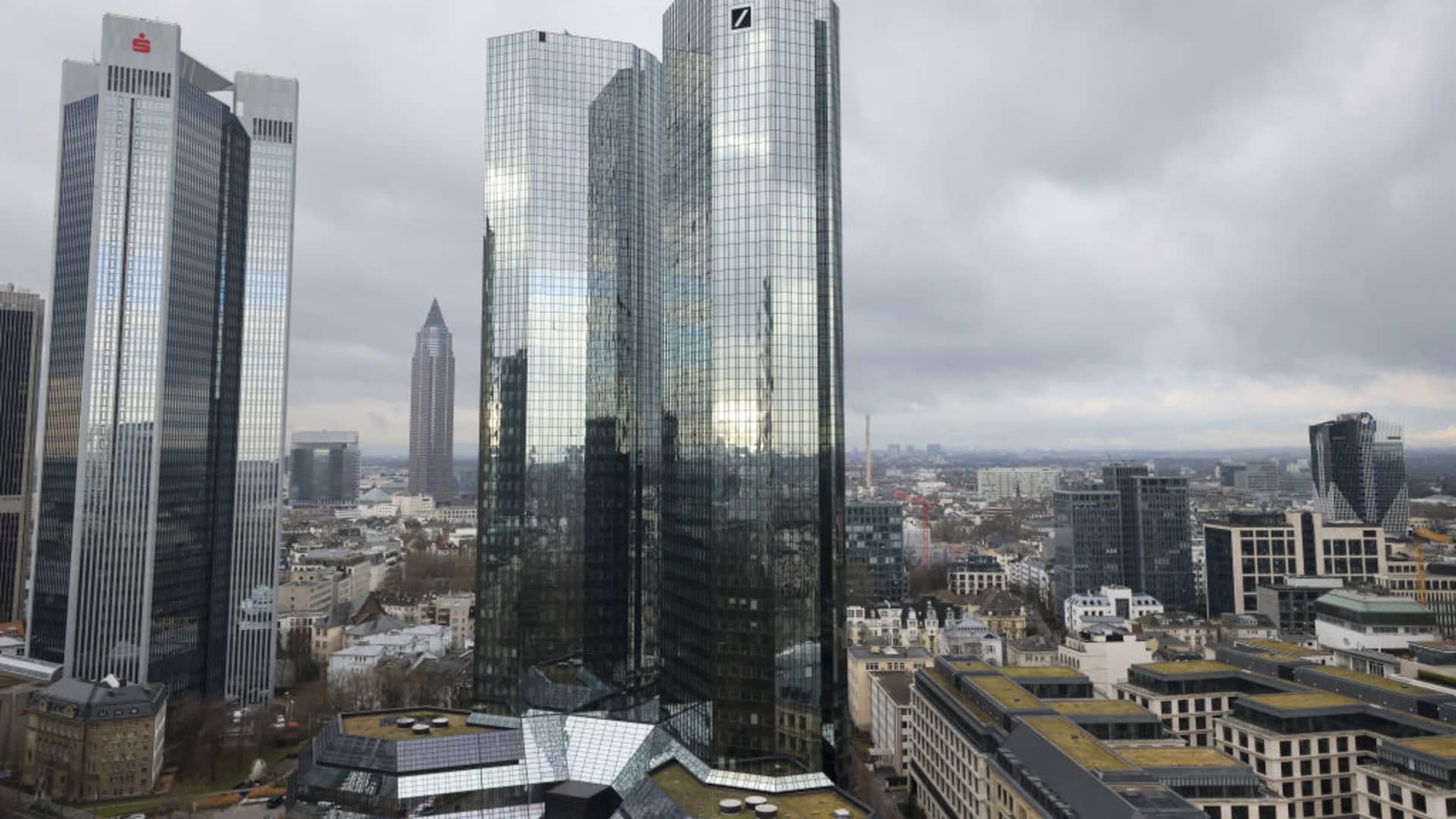Shares of Performant Financial Corporation (NASDAQ: PFMT), a provider of technology-enabled cost containment and related analytics services, surged 57% in the extended session on Monday.
What Happened: Performant Financial said Monday it intends to focus future investments on the long-term growth and profitability of its Healthcare operations. The Livermore, California-based company’s healthcare operations generated revenues of $68.5 million for fiscal 2020, an increase of more than 58% year-over-year.
For fiscal 2021, Performant projects revenues from its healthcare market in a range of $83 million to $90 million, along with positive EBITDA for the year.
In addition, Performant Financial said it has agreed to sell certain of its non-healthcare recovery contracts to a buyer specializing in outsourced receivables solutions.
As a result of the transaction, Performant Financial has modified the terms of its credit agreement with ECMC to partially de-lever the company, extend the maturity by one year to August 2022, and achieve a modified covenant structure to support continued investment and growth. The credit agreement modifications will become effective upon the closing of the recovery contracts sale.
Why It Matters: Performant Financial noted that the COVID-19 pandemic has disrupted its legacy Recovery business, which includes the acceleration of already declining student loan recovery revenues. The company has been providing recovery audit services for more than nine years to both commercial and government clients, including serving as a Recovery Auditor for the Centers for Medicare and Medicaid Services.
Performant Financial’s sale of its recovery contracts is part of its efforts to intensify focus on healthcare operations.
The company said that while it will continue to fulfill its current recovery contracts, it does not plan to renew or restart existing contracts, nor pursue new non-healthcare recovery opportunities.
Price Action: Performant Financial shares closed almost 0.7% lower on Monday at $1.49, but surged 57% in the after-hours session.
(C) 2021 Benzinga.com. Benzinga does not provide investment advice. All rights reserved.





